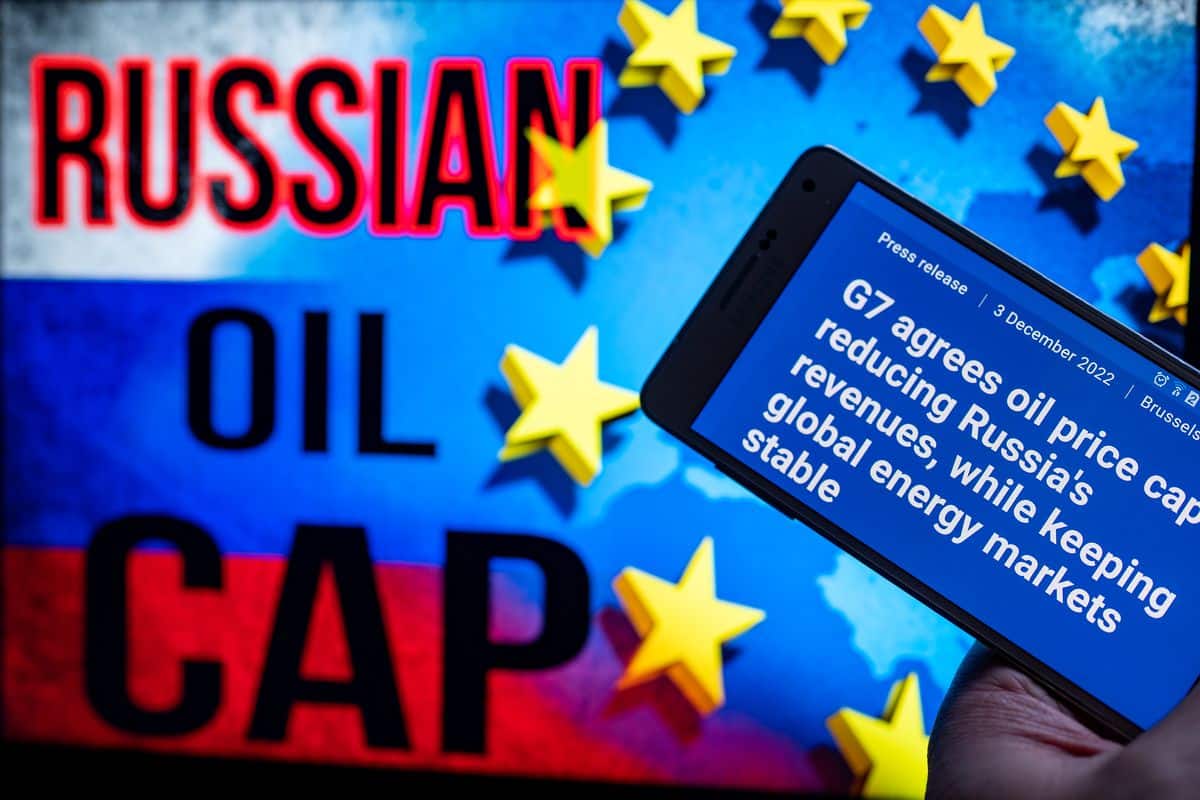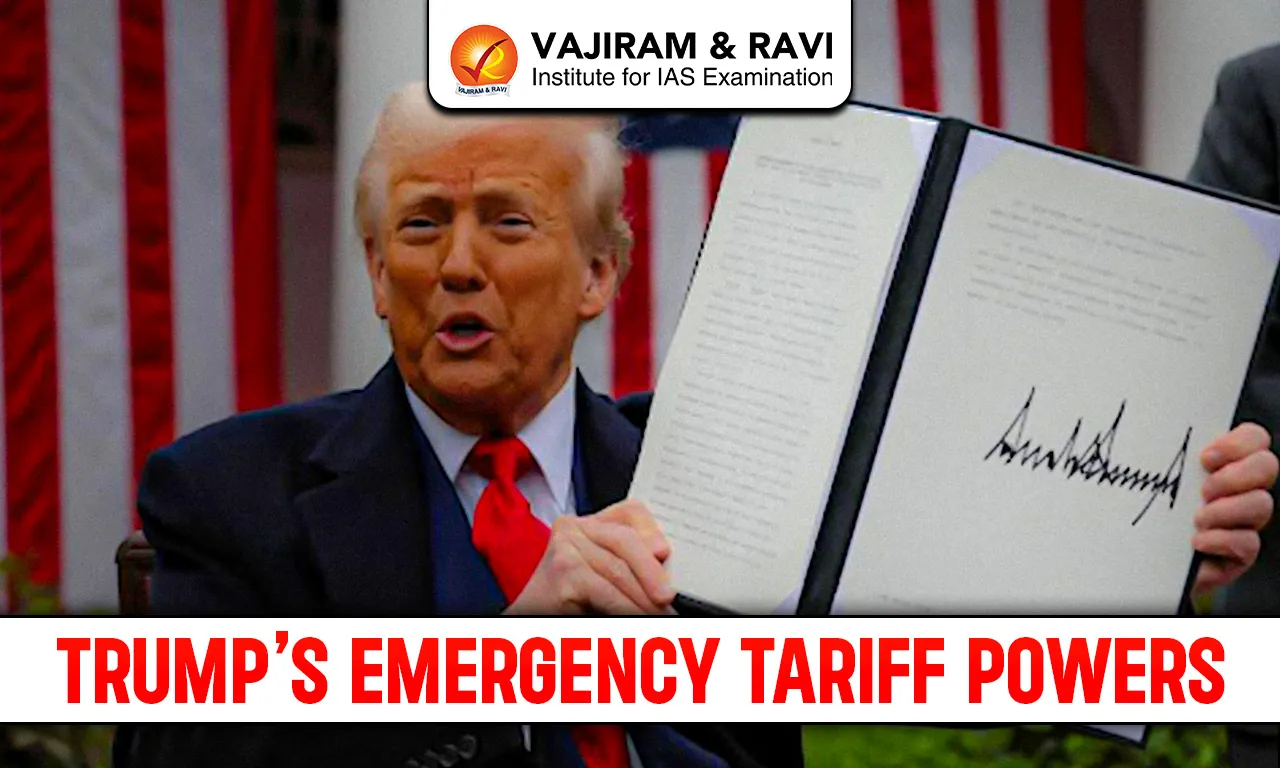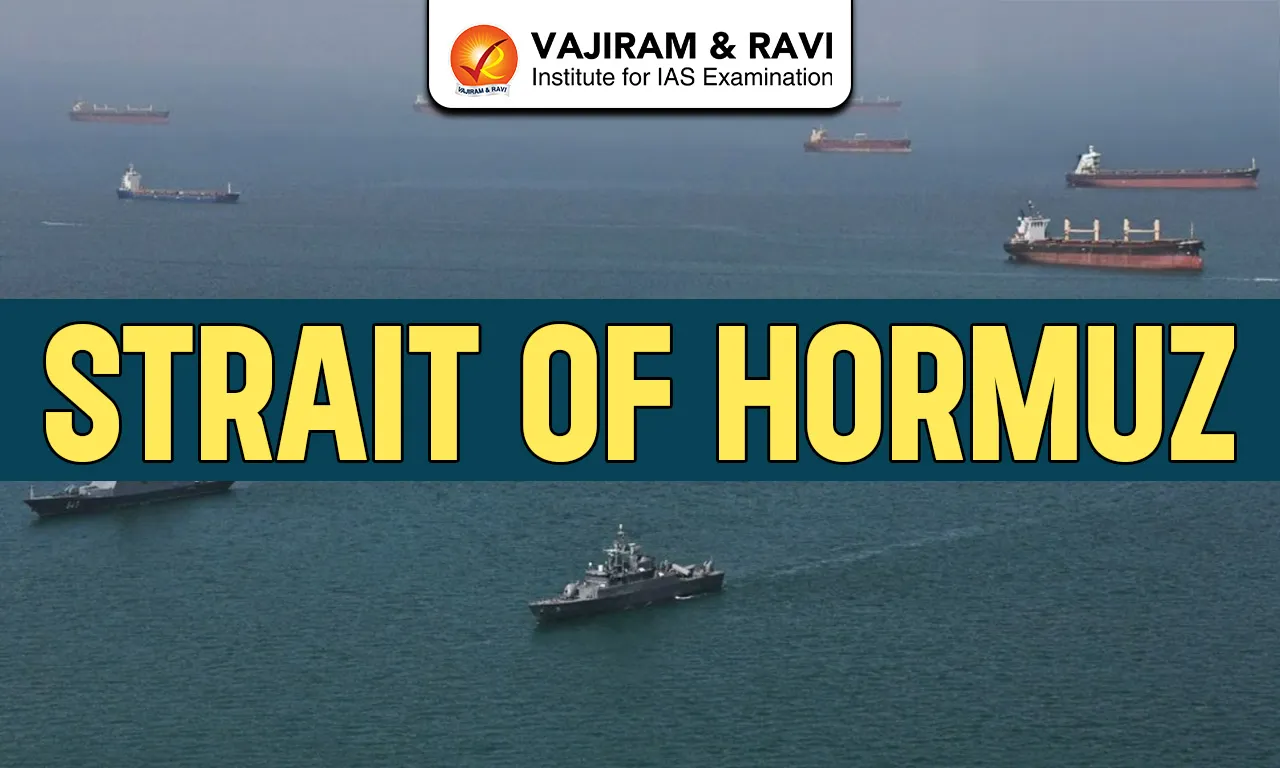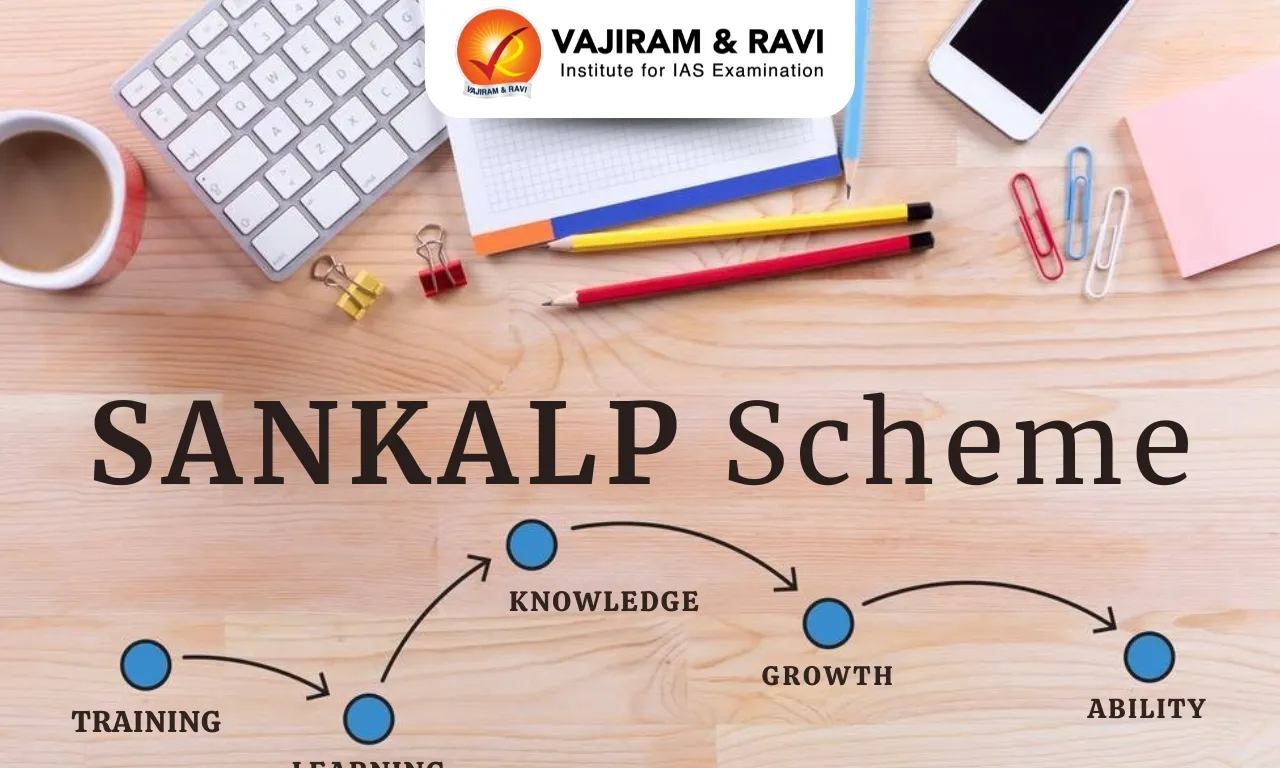What’s in today’s article?
- Why in News?
- Russian oil price cap plan
- News Summary
Why in News?
- European Union governments tentatively agreed on a $60 a barrel price cap on Russian seaborne oil, with an adjustment mechanism to keep the cap at 5% below the market price.
What is Russian oil price cap plan?
- In September 2022, members of the G7 have agreed to impose a price cap on Russian oil in a bid to hit Moscow’s ability to finance the war in Ukraine.
- G7 is a group of the most developed and the advanced economies of the world.
- US, UK, Canada, France, Germany, Italy and Japan are the current members of this group.
- G7 provides a platform to discuss and coordinate solutions to major global issues, especially in the areas of trade, security, economics, and climate change.
- The plan, however, doesn’t include Russian gas, which Europe is still quite dependent on.
What oil price cap plan aims to do?
- The introduction of a price cap on Russian oil means countries that sign up to the policy will only be permitted to purchase Russian oil and petroleum products transported via sea that are sold at or below the price cap.
- The price cap is being designed to limit Russia from profiting from its war of aggression while limiting the impact on global energy prices.
- S. and EU officials have been trying to convince countries including India, China and Turkey to join the coalition or to at least support the price cap.
- As per them, price cap is in the interests of all oil buyers from Russia as it will give them leverage to lower purchase prices.
How will oil price cap plan be enforced?
- For countries that join the coalition, it would mean simply not buying Russian oil unless the price is reduced to where the cap is determined.
- In other words, buyers could continue to buy Russian crude provided that they pay less than the agreed-upon maximum price.
- For countries that don’t join the coalition, or buy oil higher than the cap price, they would lose access to all services provided by the coalition countries.
- Services provided by the coalition countries include: insurance, currency payment, facilitation and vessel clearances for their shipments.
- Eg. – London is a major global centre for maritime insurance.
- G7 countries say they are aiming to reduce the price of oil, but not the quantity of oil that Russia sells, so as to control inflation globally while hurting the Russian economy.
- This could only work, of course, if all countries joined the coalition.
India’s response to oil price cap plan
- India’s oil intake from Russia, which was minuscule prior to the war, has soared 50 times over.
- Indian government’s stand is believed to be driven by its national interest which, at this moment, is to provide affordable oil to Indian consumers.
- India has made it clear that it will examine the prospect of a price cap on Russian oil and will respond according to its supreme national interest.
- Experts believe that India might not abide by the price cap as it is receiving oil at discounted price from Russia.
News Summary
- The European Union will join the G-7 powers in imposing a $60-per-barrel price cap on Russian oil.
- At $60 per barrel, the cap is a little lower than what major buyers of Russian oil, like China and India, currently pay.
- The price cap plan would not apply if buyers ship and insure the cargoes with firms from countries outside of the group imposing the cap.
- The EU presidency, currently held by Czech Republic, confirmed that member state ambassadors had reached agreement on the price cap.
- The oil price cap will run alongside the EU’s ban on imports of Russian oil.
- An EU embargo on the vast majority of Russian oil imports kicks in on December 5. Hence, the price cap would apply to buyers outside the region.
- India, on the other hand, has announced that it will continue buying Russian oil because sanctions allow purchase provided western services are not used.
Q1) Who buys the most oil from Russia?
The top importers of Russian oil include China, Germany, Italy, Netherlands, Turkey, Poland, France, India, South Korea, Bulgaria, Belgium, Greece etc.
Q2) Which are the top 5 oil-producing countries?
Top oil-producing countries include USA, Saudi Arabia, Russia, China, and Canada.
Last updated on February, 2026
→ UPSC Notification 2026 is now out on the official website at upsconline.nic.in.
→ UPSC IFoS Notification 2026 is now out on the official website at upsconline.nic.in.
→ UPSC Calendar 2026 has been released.
→ UPSC Final Result 2025 is expected to be released in the second week of April 2026.
→ Check out the latest UPSC Syllabus 2026 here.
→ Join Vajiram & Ravi’s Interview Guidance Programme for expert help to crack your final UPSC stage.
→ UPSC Mains Result 2025 is now out.
→ UPSC Prelims 2026 will be conducted on 24th May, 2026 & UPSC Mains 2026 will be conducted on 21st August 2026.
→ The UPSC Selection Process is of 3 stages-Prelims, Mains and Interview.
→ Prepare effectively with Vajiram & Ravi’s UPSC Prelims Test Series 2026 featuring full-length mock tests, detailed solutions, and performance analysis.
→ Enroll in Vajiram & Ravi’s UPSC Mains Test Series 2026 for structured answer writing practice, expert evaluation, and exam-oriented feedback.
→ Join Vajiram & Ravi’s Best UPSC Mentorship Program for personalized guidance, strategy planning, and one-to-one support from experienced mentors.
→ Check UPSC Marksheet 2024 Here.
→ UPSC Toppers List 2024 is released now. Shakti Dubey is UPSC AIR 1 2024 Topper.
→ Also check Best UPSC Coaching in India




















